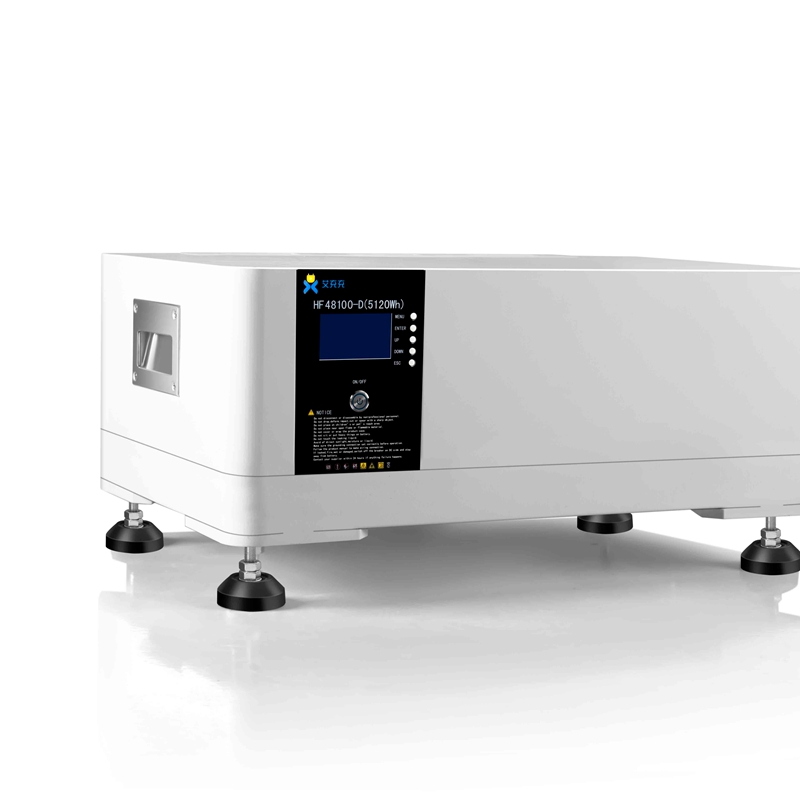
Jul . 31, 2024 00:17 Back to list
Efficient and Advanced Home Energy Storage Solutions for Sustainable Living and Reduced Energy Costs
The Importance of High-Quality Household Energy Storage Systems
In the contemporary quest for sustainability and energy efficiency, high-quality household energy storage systems have emerged as a pivotal solution for homeowners
. With the increasing reliance on renewable energy sources, such as solar and wind, efficient energy storage allows households to optimize their energy consumption, reduce utility bills, and contribute to a more sustainable future.Household energy storage systems function primarily by capturing excess energy produced during peak generation periods and storing it for later use. This capability is crucial, particularly for solar energy systems, where energy production often peaks during daylight hours while household energy consumption may vary significantly throughout the day. By storing surplus energy, homeowners can utilize it during periods of high demand, thus maximizing the benefits of their renewable energy systems.
One of the most significant advantages of high-quality energy storage systems is their ability to enhance energy independence. As energy prices fluctuate, and with the potential for power outages due to extreme weather events or grid failures, having a reliable source of stored energy can provide security and peace of mind. Homeowners can become less reliant on the grid, enabling them to harness their energy production efficiently and maintain steady energy access during outages.
In addition to providing energy independence, high-quality energy storage systems help reduce greenhouse gas emissions. By storing and using renewable energy rather than drawing power from fossil fuel-based sources, households can significantly lower their carbon footprint. This alignment with global sustainability goals is not just beneficial for the environment; it also positions homeowners as proactive participants in the transition towards cleaner energy.
high quality household energy storage system

When considering a household energy storage system, quality is paramount. High-quality systems are characterized by their efficiency, capacity, durability, and advanced features. Modern energy storage solutions, such as lithium-ion batteries, offer several advantages including compact size, longer lifespan, and superior efficiency compared to traditional lead-acid batteries. Moreover, such systems often come equipped with smart technology, allowing homeowners to monitor and manage their energy usage in real-time. This smart integration enables better load management, ensuring that energy is used effectively and stored appropriately.
Beyond the technical specifications, the integration of high-quality energy storage systems contributes to the resilience of the energy grid. By enabling distributed energy resources, these systems reduce the overall demand on centralized power plants and improve grid reliability. This decentralized approach serves as a buffer during periods of high demand while facilitating a smoother transition to a low-carbon energy matrix.
Adopting a high-quality household energy storage system may come with significant upfront costs, but the long-term savings on energy bills, along with available government incentives and rebates, often make it a financially sound investment. Moreover, as technology advances and production scales increase, the cost of energy storage systems continues to decline, making them accessible to a broader range of homeowners.
In conclusion, high-quality household energy storage systems represent a cornerstone of modern energy solutions. By promoting energy independence, reducing greenhouse gas emissions, and enhancing grid resilience, these systems are not only a wise choice for individual households but also a crucial element in the collective effort towards a sustainable energy future. Homeowners who invest in these technologies are not only securing their energy needs but also contributing positively to the environment and society at large. As we move forward, embracing such innovations will be essential for achieving a balanced and sustainable energy ecosystem.
-
AI-Powered EMS with GPT-4-Turbo | Efficiency Boost
NewsAug.01,2025
-
Optimized Storage System for GPT-4-Turbo | High Performance
NewsJul.31,2025
-
AI Energy Management System w/ GPT-4 Turbo Efficiency
NewsJul.31,2025
-
High-Performance Energy Storage System for Reliable Power Solutions
NewsJul.30,2025
-
Advanced EMS Solutions for Energy Management System & Storage Battery Companies
NewsJul.29,2025
-
Intelligent Energy Management for Homes - Efficient Storage Solutions
NewsJul.29,2025























